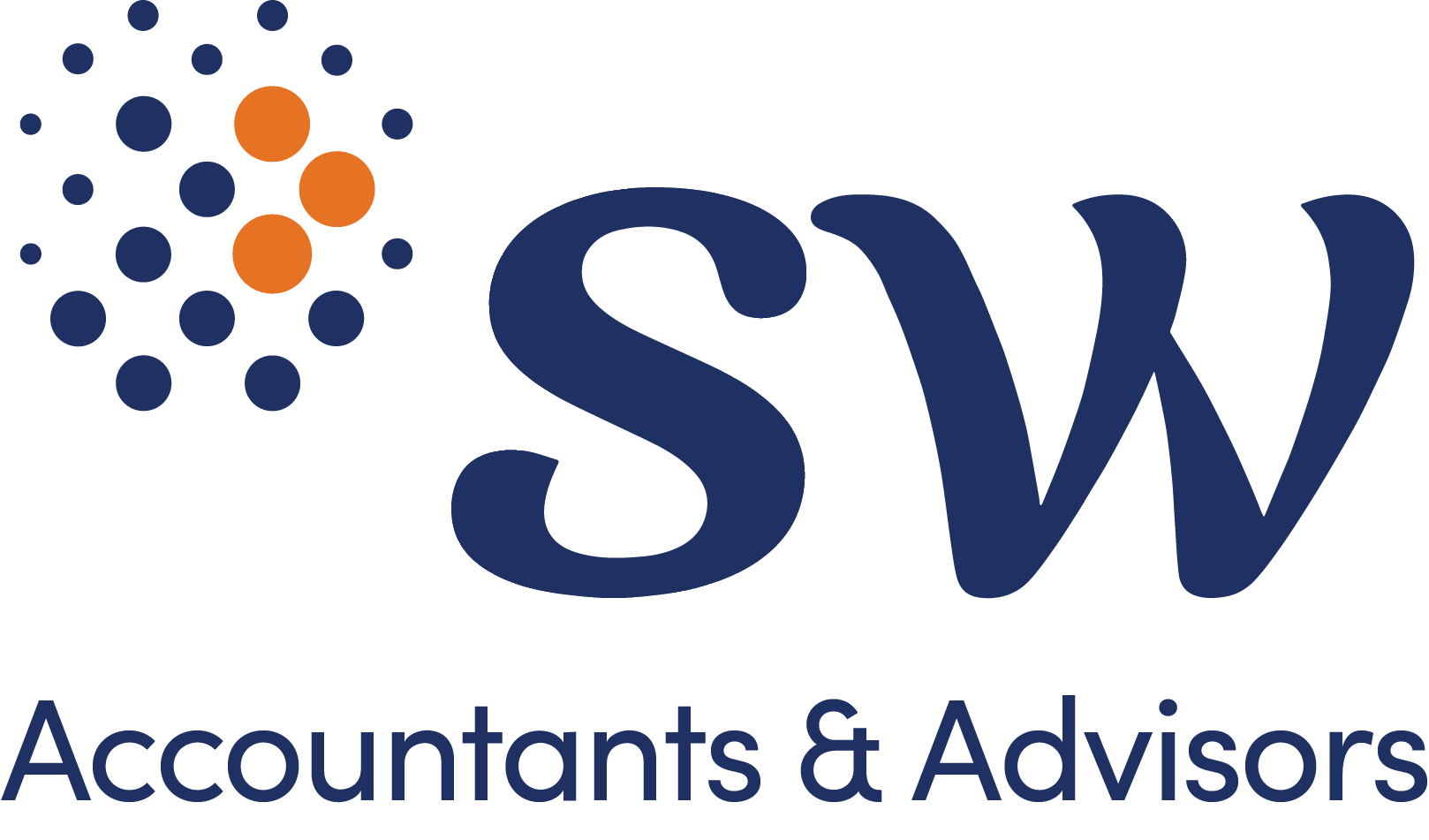
Section 99B and trust distributions | New ATO draft guidance
14/08/2024
The ATO has published its preliminary views on certain technical and practical aspects on section 99B, providing taxpayers with clarity on its application.
On 31 July, the ATO released draft guidance in relation to Section 99B of the Income Tax Assessment Act 1936, including:
- Draft Taxation Determination TD 2024/D2 (Draft TD) – outlining the Commissioner’s views on certain factors relevant in determining when section 99B will apply.
- Draft Practical Compliance Guideline PCG 2024/D1 (draft PCG) – outlining the Commissioner’s proposed compliance approach to section 99B.
Comments on both releases are due on 28 August 2024.
What is section 99B?
Section 99B is a provision that was originally introduced to treat the provision of certain distributions and benefits provided by a non-resident trust to a resident beneficiary as taxable, where such amounts would not otherwise be taxable.
The provision is a ‘catch-all’ or residual provision, meaning unless a particular exception applies, amounts paid to the beneficiary’s benefit are subject to tax.
The main exceptions are:
- amounts representing the corpus of the trust estate, provided that if a ‘hypothetical’ resident taxpayer derived the funds represented by that corpus, the amount would not have been assessable.
- amounts that, had they been derived by a hypothetical resident taxpayer, would not be included in the hypothetical taxpayer’s assessable income for the year, and
- amounts that are assessable to the beneficiary through the application of another provision.
Whilst section 99B has been law since 1979, there has been minimal judicial or administrative guidance on its breadth and application. The wording of the provision is broad and ambiguous, and some commentators have expressed concern that it may apply to arrangements involving resident trusts as well as and non-resident trusts.
Draft Taxation Determination TD 2024/D2
The draft TD has a relatively narrow focus, as it only deals with the exceptions to section 99B relating to the ‘hypothetical resident’ taxpayer concept. The draft TD does not specifically state that section 99B only applies to non-resident trusts, however, the only scenarios discussed and examples used in the draft TD relate to non-resident trusts. There is some comfort in that the draft TD gives no indication that the Commissioner will depart from the previous position that section 99B applies to distributions from non-resident trusts.
The draft TD states:
- the hypothetical taxpayer must be an Australian resident. Concessions only available to specific classes of taxpayers, such as the CGT discount, do not apply to amounts assessed under section 99B.Thus, the amount assessed under section 99B cannot be reduced by the CGT discount.
- the circumstances that resulted in the trust estate receiving the amount distributed to an Australian resident beneficiary are relevant to consider. The draft TD notes that where proceeds from the disposal of a CGT asset are distributed, the date of acquisition of the asset and its cost base are relevant considerations – for example:
- if the amount distributed to a beneficiary represents proceeds from the disposal of a pre-CGT asset, the proceeds would (absent unusual circumstances) not be assessable under section 99B, and
- for post-CGT assets, the asset’s cost base and relevant provisions are considered. For example, the CGT rules relating to death and deceased estates modifying the cost base of the CGT asset and the date of acquisition are assessed, where the distribution or benefit is provided by a non-resident deceased estate.
Draft Practical Compliance Guideline PCG 2024/D1
The draft PCG provides guidance on practical issues for the application of section 99B, clarifying:
- common scenarios where section 99B may need to be considered
- the practical aspects or record-keeping needed to prove that an exception applies
- the ATO’s compliance approach to distributions and benefits that are seen as low risk by the ATO.
Similar to the draft determination, the draft PCG onlydiscusses issues on non-resident trusts despite not asserting that section 99B only applies to non-resident.
Common scenarios where 99B may apply
Several potential Section 99B scenarios are in the draft PCG, illustrating distributions from a non-resident trust estate and other situations where Section 99B might apply. This includes where:
- a resident beneficiary receives a loan from a non-resident trust
- the trustee of a non-resident trust allows a resident to use trust property and
- a resident beneficiary receives an amount from a non-resident deceased estate.
When a taxpayer relies on one of the exclusions in section 99B, the onus will be on the resident beneficiary taxpayer to provide the ATO with documentation evidencing the exception.
Record keeping for reliance on the exceptions
The draft PCG details the required documentation to prove an exception, providing examples of records that must be provided to the ATO and emphasises that the resident beneficiary must secure sufficient records. One example highlights that a trust resolution stating an amount is out of corpus is not sufficient.
Low risk arrangements
The draft PCG illustrates low risk arrangements, indicating the ATO will not further review these arrangements. Examples include:
- arrangements on commercial terms with supporting evidence. The Commissioner’s comments are welcomed, with one of the many challenges of section 99B is that it can apply to loan arrangements and there is no express exception provided for loans on commercial terms, and
- where property is received from a non-resident deceased estate within 24 months of the date of death, with a value of less than $2m and evidentiary requirements are met. This is a sensible and positive administrative concession simplifying Australian issues for beneficiaries of a deceased estate of a non-resident.
How SW can help
Please reach out to your SW contact to discuss the application of section 99B and any aspect of the ATO draft releases.
SW will continue to monitor and provide commentaries to inform clients of any developments as they occur.


